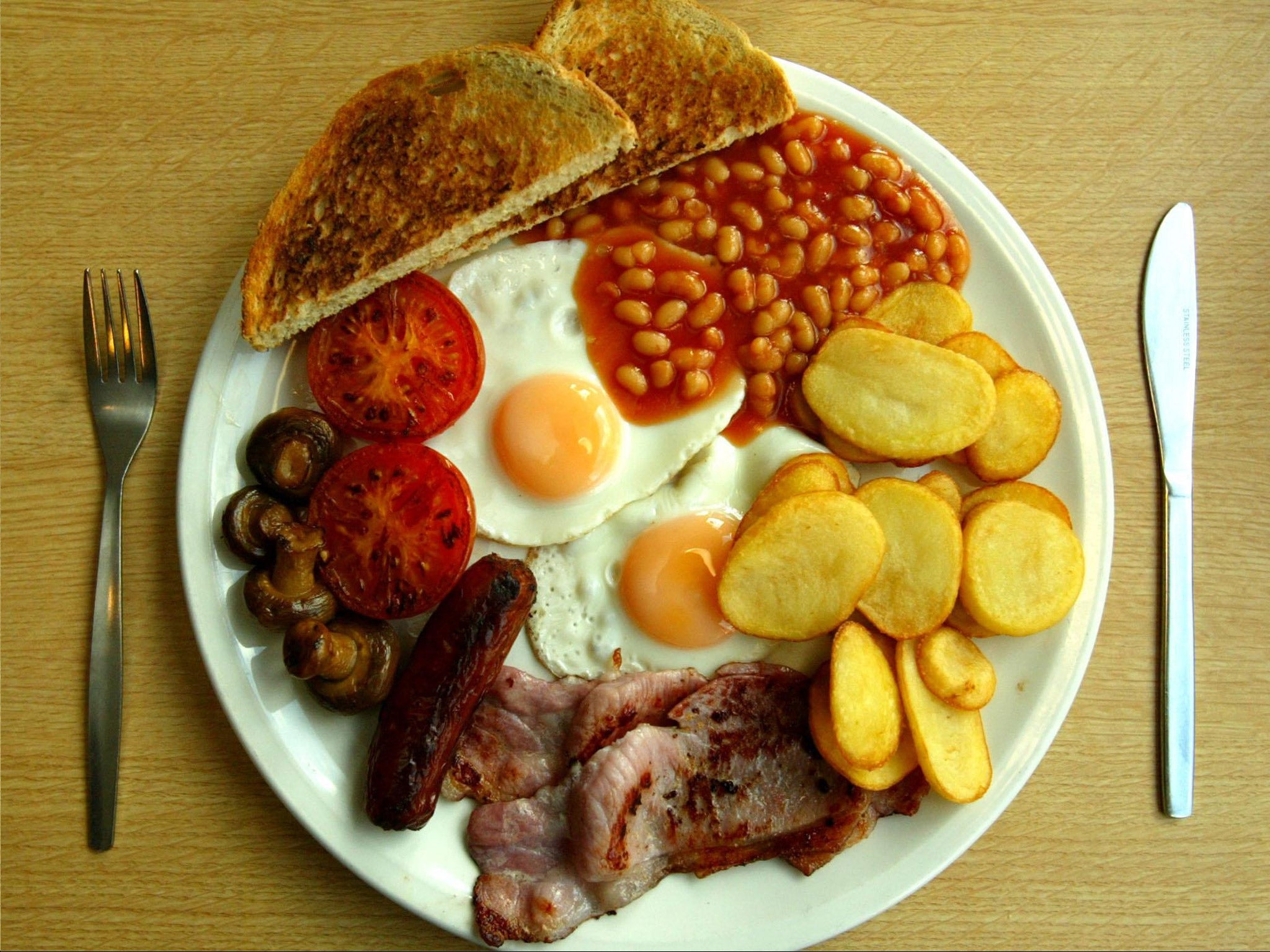Eating fried food is more likely to make you fat if you have 'obesity genes'

People who eat too much fried food are twice as likely to become fat if they have a genetic predisposition to obesity, public health scientists have said.
Gene mutations which are linked to obesity have been known about for some time, but it has not been clear exactly how our genetic makeup interacts with our diets to determine our risk of putting on weight.
Researchers at the Harvard School of Public Health analysed data from three major health trials, giving each participant an obesity “risk score” based on their genetic makeup, and comparing this to their consumption of fried and body mass index (BMI).
In a large study group of 37,000 people, among those who ate fried food more than four times a week the effect on BMI was twice as high for those with the highest genetic risk scores, compared to those with the lowest – strongly suggesting that genetic makeup can “inflate” the bad effects of poor diet, experts said.
Commenting on the study, which is published in the British Medical Journal today, Alexandra Blakemore, a professor of molecular genetics at Imperial College London, said that patients with a genetic predisposition to obesity should be recognised by doctors, and may not be as responsive to “lifestyle” therapies such as dieting and exercising more.
Join our commenting forum
Join thought-provoking conversations, follow other Independent readers and see their replies
Comments
Bookmark popover
Removed from bookmarks